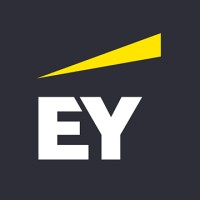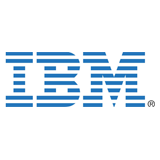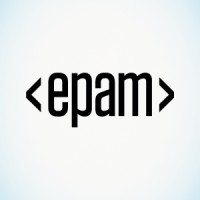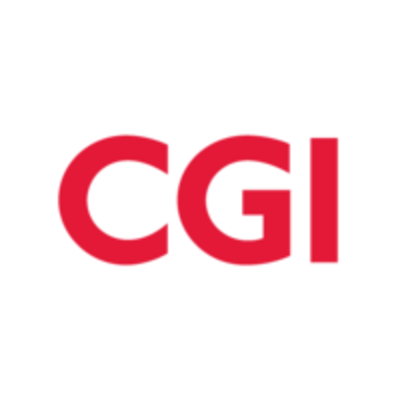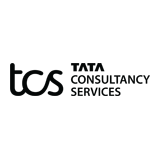Companies that use MongoDB
MongoDB stores data in JSON-like documents that can vary in structure, offering a dynamic, flexible schema. MongoDB was also designed for high availability and scalability, with built-in replication and auto-sharding.
120,739
companies
List of companies using MongoDB
curl --request POST \
--url "https://api.theirstack.com/v1/companies/search" \
--header "Accept: application/json" \
--header "Content-Type: application/json" \
--header "Authorization: Bearer <api_key>" \
-d "{
\"company_technology_slug_or\": [
\"mongodb\"
]
}"Technology
is any of
MongoDB
| Company | Country | Industry | Employees | Revenue | Technologies |
|---|---|---|---|---|---|
 United States | Financial Services | 200k | $75B | MongoDB | |
 France | IT Services and IT Consulting | 420k | $24B | MongoDB | |
 United Kingdom | Professional Services | 397k | $45B | MongoDB | |
 United States | IT Services and IT Consulting | 333k | $61B | MongoDB | |
 France | IT Services and IT Consulting | 300 | MongoDB | ||
 United States | IT Services and IT Consulting | 64k | $4.8B | MongoDB | |
 Canada | IT Services and IT Consulting | 89k | $9.5B | MongoDB | |
 United States | Financial Services | 7.5k | $7.2B | MongoDB | |
 India | IT Services and IT Consulting | 699k | $27B | MongoDB | |
 United States | Financial Services | 69k | $31B | MongoDB |
We have data on 120,739 companies and users that use MongoDB. Our MongoDB users and customers list is available for download and comes enriched with vital company specifics, including industry classification, organizational size, geographical location, funding rounds, and revenue figures, among others.
Technology Usage Statistics and Market Share
How to target MongoDB users
- How to customize this list?
You can customize this data to your needs by filtering for geography, industry, company size, revenue, technology usage, job postions and more. You can download the data in Excel or CSV format.
- How to be alerted when companies adopt this technology?
You can get alerts for this data. You can get started by selecting the technology you are interested in and then you will receive alerts in your inbox when there are new companies using that technology.
- How to import this data to my CRM?
You can export his data to an Excel file, which can be imported into your CRM. You can also export the data to an API.
Frequently asked questions


